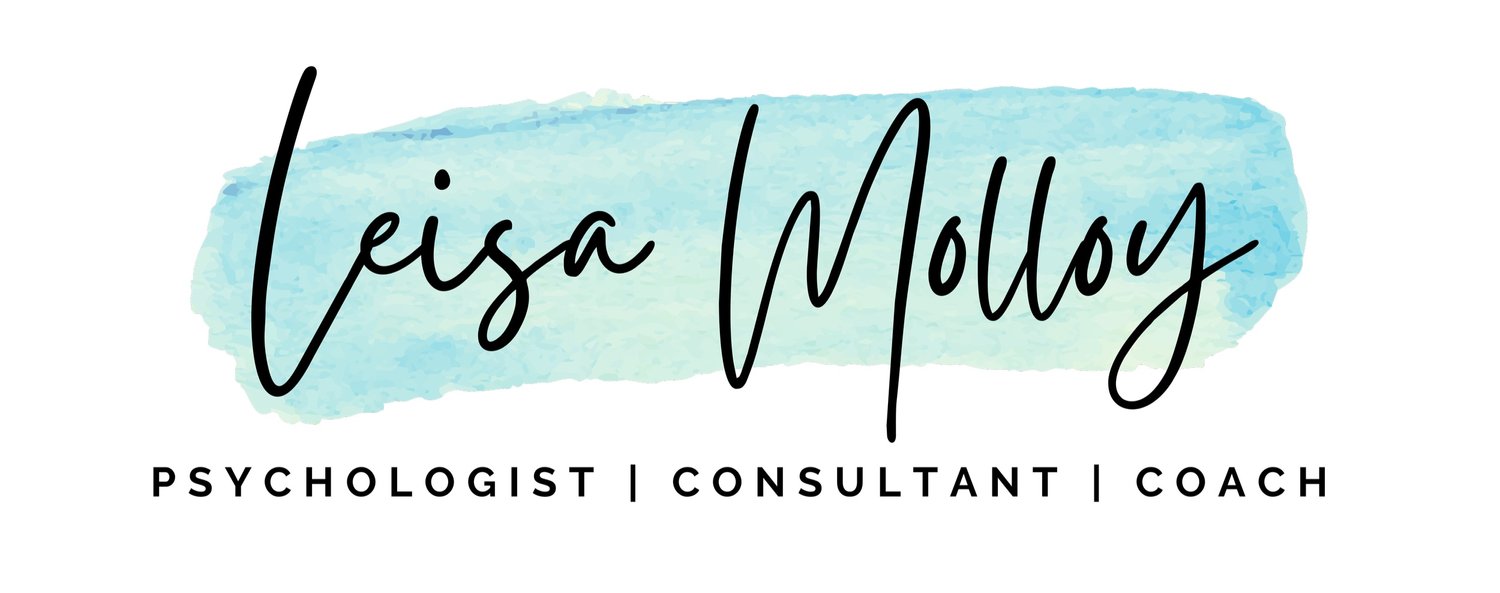On Attunement, (not) Listening, & Being a "User Friendly" Leader
As always, I'm feeling the urge to say "Can you believe it is already... (insert month here)!?" given how quickly the year seems to have flown! I hope everyone is doing well, and that those of you emerging from a lockdown are enjoying opportunities to reconnect with others and get back into the world.
Now, onto this month's reading and resources...
How do we get back to the 'basics'?
I really enjoyed this HBR article on what the authors refer to as "one of the most fundamental social skills: attunement, or the ability to be aware of your own state of mind and body while tuning in and connecting to another person."
In particular, the article emphasises the importance of reconnecting with others as employees begin returning to the office and resuming in-person interactions. Personally, I think it could be argued that this is always relevant, regardless of the context! As you can imagine given the work I do, I particularly enjoyed the focus on fully 'tuning in' to both yourself and others, and mentally and emotionally meeting others where they are 'at'.
I also agree with the assertion that working on these skills often increases your ability to be heard by others, with this tackling the question of why one should "go first" when it comes to these behaviours. To read the HBR article, follow this link.
Are you a "user-friendly" leader?
I also quite liked this article, which puts an interesting 'spin' on the importance of leaders being more intentional, deliberate and self-aware in their approach to working with others.
When interacting with you, do others have a satisfying and rewarding "user experience"? Do they leave feeling motivated, trusted, empowered and included? Or frustrated, confused, uncertain?
The author also outlines some key components of creating a positive user experience, drawing parallels with the importance of these same qualities in leaders. Personally, I think the five qualities listed tie together quite nicely - what do you think? You can read the Forbes article here.
Are your new leaders making these mistakes?
While pitched at a very specific audience, this article captures some of the common challenges faced by those moving from an individual contributor to a first-time leadership role.
Personally, I liked the emphasis on the critical shifts in thinking and behaviour required to successfully make this transition - many of which are simple in theory, but much more difficult in practice! It's a good 'primer' for those in similar industries who are just beginning to explore these key leadership skills (e.g. delegating to and empowering others, sharing feedback, communication, etc.).
A shout out to the client who shared this with me - thanks! You can find the article here on Medium, or over here on the LeadDev site.
How do I manage other managers?
This podcast episode also relates to leadership shifts and transitions. It's a recording of a 'real life' session between leadership coach Muriel Wilkins and an individual making the leap from being a manager to being a "manager of managers".
Why did I find it interesting? Because the conversation highlights several key challenges experienced by many of the leaders I work with - e.g. trying to provide clarity and direction for team members while simultaneously receiving only limited information on broader organisational objectives. Another relates to the importance of defining what "success" looks like, and how to add value in this new position when typically rewarded for doing the "doing". Many of the key questions were similar to those I often explore with coaching clients - How should I be spending my time? What do I need to let go of? What does being a coach to others look like? What does it mean to develop and grow others? How have my stakeholder relationships changed?
You can find the episode here via the HBR website, or here on Spotify or Apple podcasts.
What gets in the way of listening for you?
This month I'm sharing something a bit different - a couple of entertaining videos on the topic of listening. Or more specifically, not listening! Given my nerdy passion around the topic of workplace "conversations", I'm pretty excited to have recently kicked off a Level Up Your Listening program within an existing client organisation.
I enjoy injecting a bit of humour into my programs, so am sharing these videos as we explore the topic of common barriers or sources of 'inference' when trying to listen. This one is an example of what I often refer to as mind wandering, where we tune out or lose interest while others are speaking. This one is an example of mind reading, where we fall into the trap of assuming we know exactly where the conversation is going or what others are going to say. I hope you get a few laughs from them!
Do you need to initiate a "difficult" conversation?
A few weeks ago I had the privilege of presenting to the She Loves Data community on the topic of navigating challenging conversations. As well as talking through the very 'human' reasons we often shy away from these conversations, I shared a framework that can be used to raise a tricky issue and open up a two-way dialogue.
This specific framework comes from Susan Scott's Fierce Conversations book, and is one I sometimes use in my Challenging Conversations programs (depending on the context).
This month's resource outlines this step-by-step approach to crafting what is referred to as an opening statement, and also includes some reflection questions and a fillable worksheet. You can download the freebie by following this link.
Thanks for reading! Feel free to share with anyone who might find these insights helpful, or who might want to sign up and join the community.






